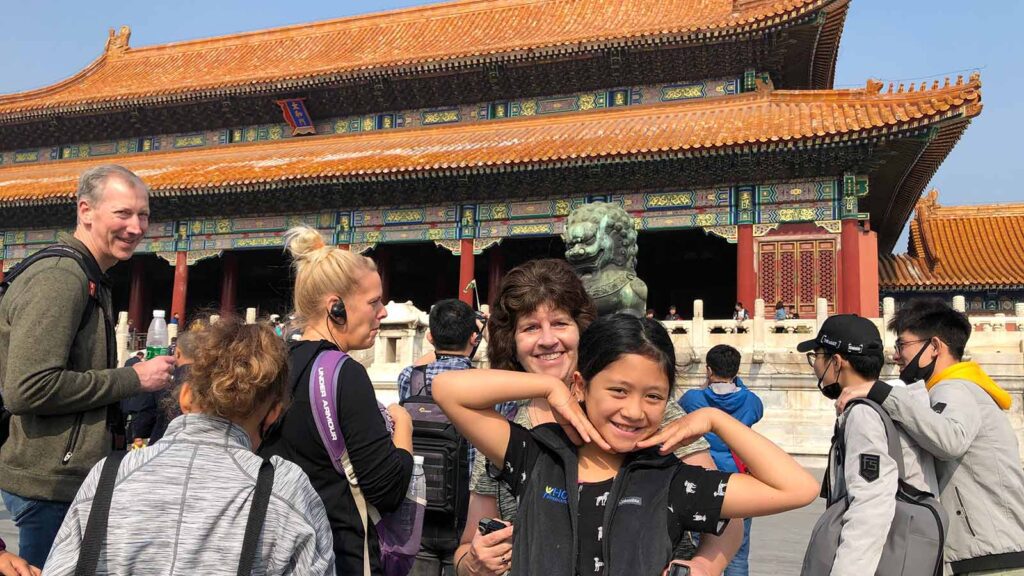1. You can offer between 50-70% less than the amount you quoted Then, begin negotiating. Make sure you are and firmly, but with respect.
Pro: Allows you to establish your position with the seller, without offending them.
Con: A low start price may annoy sellers in particular for items with a lower margin.
2. Find out what the market value is
Do your homework to find out the average price for the product you wish to purchase.
Pro: Helps prevent being scammed and gives you confidence during negotiations.
Con: Time-consuming to research, especially for items that are unique or handcrafted.
3. Show Genuine Interest
Tip. Sellers are willing to bargain if they feel that you're serious about purchasing.
Pro: Increases the likelihood of a successful deal by developing a relationship.
Pro: Your excessive enthusiasm may be seen as a sign of a willingness or desire to pay more. This can reduce your credibility.
4. Walk Away Strategically
Tips: Take your time walking away if the price doesn't drop. Sellers might contact you to offer a better price.
Pro: This tactic is usually effective in obtaining the cheapest prices.
Cons: This could be counterproductive If the seller doesn't intend to cut prices, particularly for items in high demand.
5. Learn Basic Mandarin Phrases
Tip: Phrases like "Tai gui le!" (Too expensive!) or "Pianyi the yidian ba" (Can you make it cheaper?) show you put in.
Pro: Makes the negotiations more personal, and usually softens the seller's stance.
Cons: Specific phrases might not work in more complicated negotiations.
6. Be Calm and Patient
Negotiations could take a long time. Avoid appearing anxious by retaining a calm demeanor.
Pro Sellers are more likely to reward calm, persistent buyers with better deals.
Con: It takes an enormous amount of effort and time in order to be successful, especially when you're in highly competitive markets.
7. Bring Cash
If you pay with cash, sellers could be more inclined than usual to lower their prices.
Pros: Cash offers that are immediate can get discounts, especially with small sellers.
Con: It's dangerous to carry cash in market areas that are crowded due to pickpockets.
8. Discounts on Group Bookings
Tips: Request bulk discounts when purchasing several items.
Pro: Increases your ability to bargain and makes sure you'll get the best deal.
Con: Requires buying more things, which might not be the best fit for your needs.
9. Do not be afraid to Say No
Tip - Politely decline if the seller does not accept a reduction in price.
Pro: It can help you avoid buyers' remorse. It also ensures you are within your budget.
Cons: You might not get the item you really would have.
10. Know when to avoid bargaining
It's not a good idea to bargain in high-end department stores, stores or in supermarkets.
Pro Keeps cultural sensitivity in check and avoids embarrassment.
Cons: Reduces your chance to bargain in certain settings.
Bargaining in China Bargaining in China: Pros and Cons
Saves Money: Negotiating can significantly cut the price of products.
Cultural Experience: Bargaining enables you to get a better understanding of the local culture and customs.
Personal Interaction: Establishes relationships with local sellers.
The cons of bargaining in China
It can be a long process for shoppers who are new, in particular.
Communication issues can occur if you don't know basic Mandarin.
The process of bargaining is stressful for some people.
Mastering these tips will allow you to haggle confidently in Chinese markets. Check out the most popular check out this travel guide for more examples including litchi park, anren ancient town, shopping in nanjing, four gentlemen in chinese culture, chinese vegetarian food a vegetarians guide in china, naked marriage in china the most fashionable wedding style for the 1980s, popular beijing night markets, the song of everlasting sorrow the famous long narrative poem, shopping in nanjing, shopping in shangri la and more.

Top 10 Tips For Photography And Fees When Traveling To Temples In China
1. Be Prepared to Pay Entrance FeesTip: A lot of famous Temples require a fee to enter that can range between Y=20-Y=200. Budget your trip by planning ahead.
You can prepare for the payment ahead and avoid any unexpected costs.
Con: Unexpected expenses like fees for special exhibitions, can arise.
2. Bring Cash Payments or Electronic Payments
Tips A few temples don't accept credit cards, or other popular Chinese payment methods, like WeChat Pay.
Pro: Ensuring smooth entry without any delays in the payment.
Cons: Not many options for foreigners who do know how to utilize digital payment apps.
3. Be on the lookout for signs for photography
Be sure to read the signposts for any restrictions on photography. A lot of temples prohibit photography within the sacred artifacts' sanctuaries or inside sanctuaries.
Pro: Reduces the risk of unintentional disobedience or rule-breaking.
Con: Some rules are different in certain areas of the temple. Extra attention is essential.
4. Avoid Flash Photography
Even in areas that allow you to take photographs, be cautious about using flash since it could cause damage to artifacts and disrupt worshipers.
Pro: Helps preserve temple's art and its environment.
Con: Low lighting may cause less-than-ideal pictures.
5. Respect the privacy of worshippers
Do not take photographs of religious ceremonies or individuals praying, unless they have given you permission.
Pro: Shows cultural sensitivity and respect for the privacy of one's own.
Cons: You might not be able to capture the full experience of the temple.
6. Follow Drone Restrictions
Tip: Drone use is generally not permitted near temples. You should check the local regulations for using one to take aerial photos.
Pro: Avoids fines or the confiscation of your drone.
Cons: It reduces the possibility of capturing unique angles.
7. Plan to Pay Additional Costs
Tips: Some temples charge additional fees for photography permits, specifically for equipment that is professional, such as DSLRs or tripods.
Pro: This ensures that the images are taken with high-quality and legal.
Cons: It increases overall trip costs
8. Dress modestly
Tip: Wearing respectful attire is important in temples and a dress that is not appropriate could result in a denial of entry to or restrictions on certain places.
Pro: It lets you know that you respect for the religious context, and it assists you in blending into the community.
Con The need for additional preparation in hot weather.
9. Avoid crowded times for photos
Tip: Avoid crowds by visiting early in the morning or later in the afternoon. It is much easier to take unobstructed pictures.
Enhances your photography and experience.
Con: Requires adjusting your timetable, which may not be the most convenient option for you.
10. If not sure, request permission
Consult the temple staff and signposts about rules when in doubt.
Pro: Helps you avoid violating rules without intention.
Con: Language barriers might make communication difficult.
The benefits of following photography Fees
Respect cultural diversity:
Artifact Preservation: This helps protect fragile artwork and buildings.
Positive Experiences Avoid confrontations with temple staff or worshippers.
Legal Compliance: Helps to avoid penalties for infringements of photography laws.
Pros and Cons of Paying Fees for Photography
Costs Increased: Additional fees like entry fees and photography permits may increase the cost.
The limitations on creativity could prevent an ideal picture.
Language Barriers: Unability to understand local signage or converse with staff.
Time-consuming research: Preparing ahead takes extra effort and also time.
Respecting photography rules and fees allows you to enjoy an pleasant and enjoyable experiences in China's beautiful temples. They will also be protected for their spiritual, cultural, and historical authenticity. Read the most popular start exploring this iconic destination for blog recommendations including tips for identifying copyright, luoyang peony and wangcheng park, wuzhi mountain wuzhi shan five finger mountain, shopping in dunhuang, shopping in nanjing, guilin travel tips, shopping in macau, ganden temple, xishuangbanna, the song of everlasting sorrow the famous long narrative poem and more.
